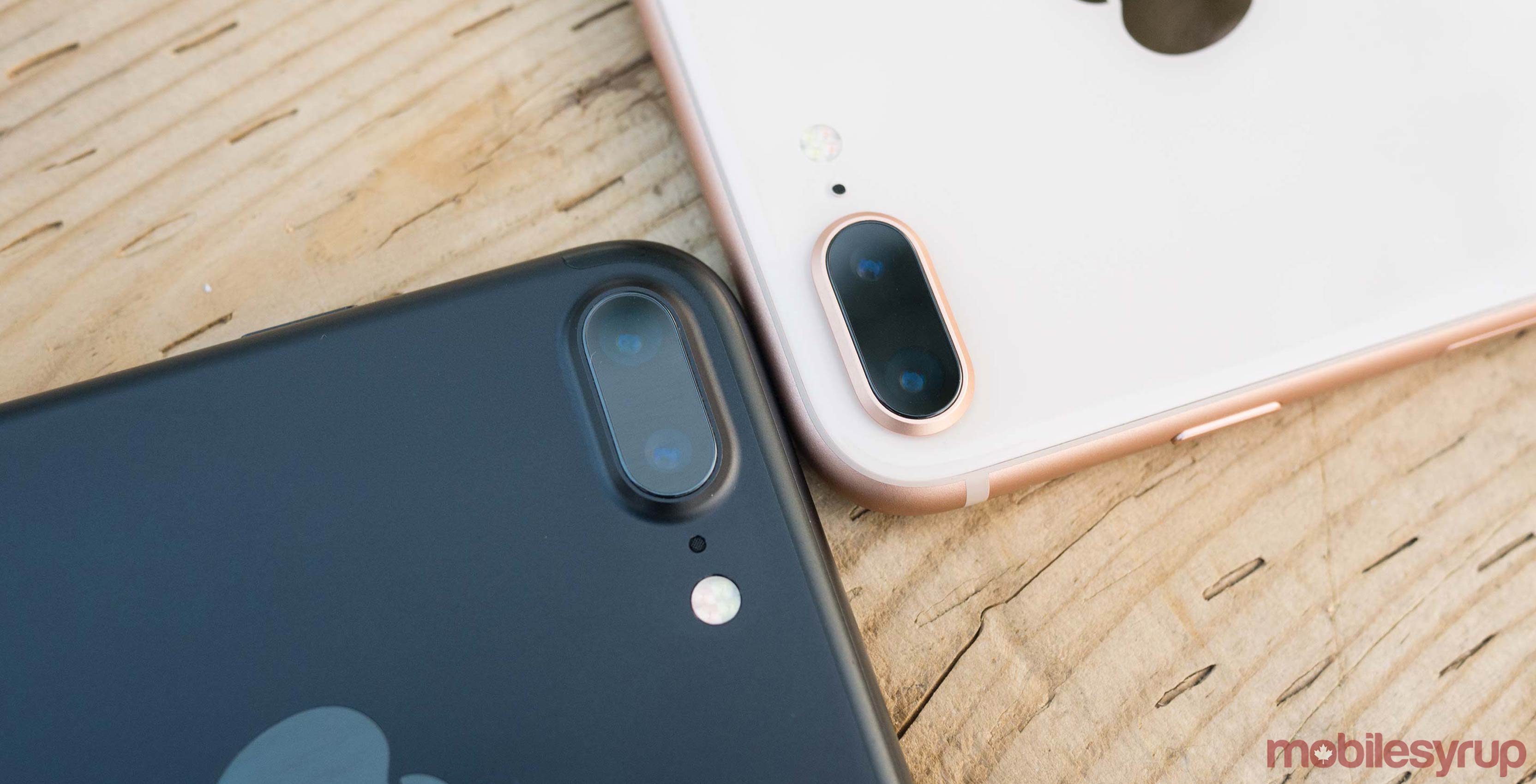
Reputable KGI analyst Ming-Chi Kuo says Apple’s 2018 lineup of iPhones will eschew Qualcomm modems altogether, according to a report obtained by MacRumors and 9to5Mac.
“We expect Intel to be the exclusive supplier of baseband chip for 2H18 new iPhone models, while Qualcomm may not have a share of the orders at all,” reads the report.
Kuo previously expected Intel to supply 70 percent of Apple’s modems, with the remaining 30 percent coming from Qualcomm. Qualcomm was Apple’s exclusive supplier of baseband chips until the iPhone 7 and iPhone 7 Plus, at which time Intel began to take on some of the orders.
The new report follows a similar one from October from The Wall Street Journal that stated Apple would do away with Qualcomm entirely in favour of using Intel’s modems.
Apple and Qualcomm have been at odds for some time now due to lengthy ongoing legal disputes. In January 2018, Apple sued Qualcomm for $1 billion for unfair patent licensing practises. Apple also later stated it would not pay Qualcomm any royalties until the dispute was settled, for which Qualcomm counter-sued, alleging breach of contract in failing to make payments.
It’s worth noting that in another of Qualcomm’s lawsuits filed against Apple, the chipmaker alleged that the Cupertino-based tech giant shared its proprietary code with Intel. Later in the year, Qualcomm also threw shade at Apple over flagship modem performance in “non-Android” phones.
Kuo said he thinks Apple’s large shift to Intel is intended to add pressure to Qualcomm in the midst of these legal battles. He said Apple may give component orders to Qualcomm again in exchange for concessions in their ongoing disputes.
Kuo also reiterated previous statements that LTE transmission speeds will increase significantly in new iPhone models released in the latter half of 2018. Last year, reports suggested that Apple would throttle connection speeds in the iPhone 8 and 8 Plus models by turning to Intel exclusively for iPhone components, although that didn’t end up being the case.


